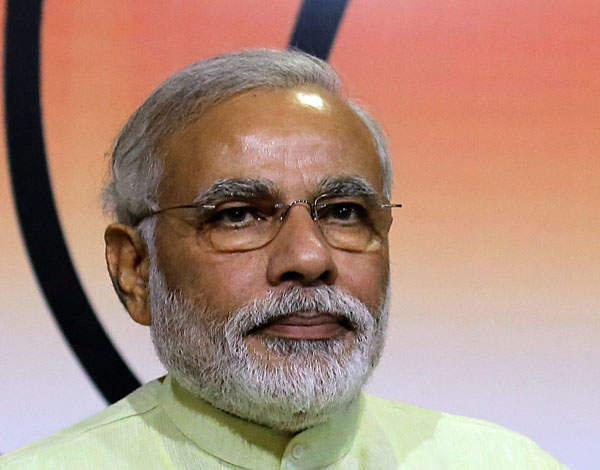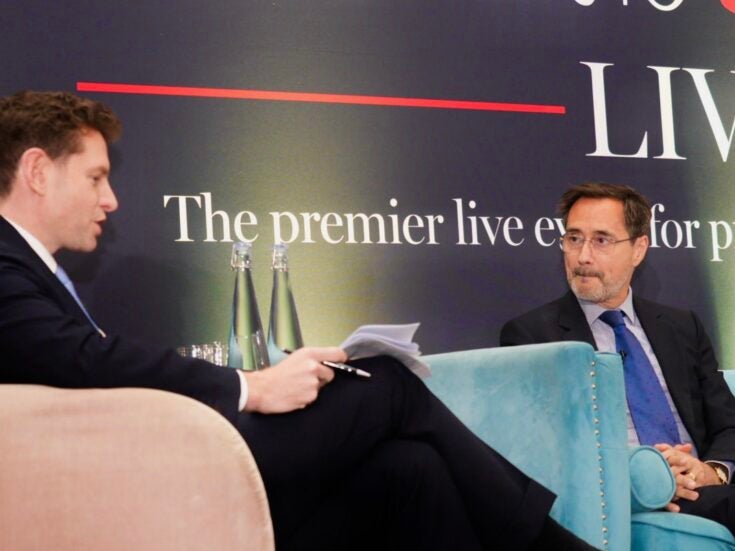

After an exceptionally strong eighteen months for Western markets, investors find themselves facing two awkward issues that they have successfully sidestepped for most of the past five years.
The first is rising equity market valuations, which for much of the period since the crisis have been ‘capped’, either by the extent of market falls in 2008/09 or by the strong recovery in profits in the years that followed. However, as markets continue to rally, this is changing. Since December 2012, UK forward earnings multiples and European prices to book have climbed, while in the US a surge in technology and social media stocks has also lifted equity market multiples. Yes, most world indices, in aggregate, are still far from ‘bubble’ conditions, but pockets of overvaluation are increasingly evident.
The second challenge is regional. For much of the past three years, global equity investors have been largely free to ignore or bypass local emerging market (EM) assets. Over this period, despite some exceptions, emerging-world assets have seen an extraordinary underperformance versus their developed-world equivalents.
The factors behind this were similar across regions: poorly judged macro-policy, rising unit labour costs, excessive credit growth and a heavy political calendar, compounded on occasion by opaque corporate governance and erratic dividend policy. But at today’s EM valuations, is this bad news already priced in, and how will investors react if policy, governance and competitiveness commitments seriously improve?
After such marked underperformance, value opportunities are appearing. In key EM companies, there is now a hunger for lower costs, better corporate governance and better capital discipline. It certainly looks as though both the Indian elections and the recent pronouncements of the new Chinese leadership (albeit in very different ways) hold the possibility of substantial deregulation.
Narendra Modi’s overtly reformist, business-friendly agenda is supported by tighter policy from the Reserve Bank of India and its highly credible, IMF-trained new governor Raghuram Rajan, who is already initiating a sweeping review of the monetary policy framework, including formal inflation targeting.
So far, we at Sarasin have made modest steps into direct Indian holdings, looking at the motor and insurance industries, where restructuring is most evident. Meanwhile, in our balanced accounts we have made our first direct EM debt purchases in almost a year, buying Indian rupee Eurobonds issued by well-known and highly rated international borrowers. While the security is referenced to the Indian rupee, all payments are made and received in US dollars, giving us the security of a more stable currency while retaining exposure to one which could materially benefit from electoral change and rising central bank credibility.
In China, widely reported debt defaults are only one facet of a much more radical overhaul of the financial system now under way. Yes, as reform proceeds, growth will likely slow further, but ironically this may be good for Chinese equities. Slower growth means lower commodity demand and lower input prices; the high loan rates charged by banks will fall; and most importantly more disciplined capital expenditure plans should feed through to improved shareholder returns.
Investors and fund managers will not find it easy to embrace EM ‘value stocks’ across their portfolios. Many (this author included) have become a little too familiar with cash-rich Western growth stocks, often technology-led, with strong EM franchises and protected by robust patents, brand and intellectual property. Arguably the price for such ‘sleep at night’ earnings is, in some instances, becoming excessive.
Certainly, our charity, endowment and longer-term private clients are fully aware that multi-year income growth is going to rely in part on EM cash flows tied to superior demographics, urbanisation and a rising middle class. Helped by our corporate governance and responsible investment team, they are prepared for us to engage with EM companies while developing an EM-sensitive governance model.
Most exciting of all, though, is the prospect of a wider universe of thematic stocks capturing new EM franchises, government restructuring initiatives, innovations driven by the astonishing growth of internet and smartphone penetration alongside new consumer franchises. What’s more, these opportunities all come with valuations that we remember rather fondly in the US and other Western markets from a few years ago.






